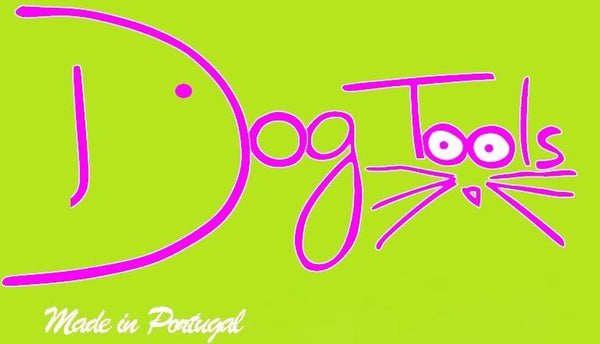There are a number of foods that are very dangerous for dogs. They can cause serious illness – or even death. Below, we’ll go over some of the most harmful foods and include a list of other toxic items to avoid.
Chocolate is a staple in our home, the Engel household. But with two cats, Stitch, and often one or two guest dogs, we have to be very careful when snacking — because chocolate is highly toxic for animals.
Cocoa contains theobromine, a substance that can cause trembling, vomiting, diarrhea, restlessness, hyperactivity, rapid heart rate, seizures, and in the worst cases, death.
The darker the chocolate, the higher the theobromine content – cocoa powder and dark chocolate are especially dangerous.
If you suspect your dog has eaten even a small amount of chocolate, contact your vet immediately!
Grapes, raisins, and currants
Never let your dog eat grapes – fresh or dried (like raisins or currants). They contain an unknown compound that can lead to kidney failure.
Symptoms may include vomiting, lethargy, and unsteady movement. Raisins and currants are even more dangerous due to their concentrated content.
These common kitchen ingredients are highly toxic to dogs. They can destroy red blood cells, leading to anemia, which means the body gets less oxygen.
The dog may become weak, tired, or even collapse in severe cases.
The pits of fruits like apricots, peaches, plums, persimmons, and cherries contain cyanide – a poison that’s deadly for both humans and dogs.
These pits can also be a choking hazard. Apple and pear seeds should also be avoided!
Particularly macadamia nuts and walnuts are dangerous. They can cause paralysis, fever, vomiting, increased heart rate, and even death.
As a general rule: no nuts for dogs. Only plain peanut butter (without additives like xylitol) is considered safe in small amounts – but due to its high fat content, only occasionally.
Other Toxic Foods for Dogs
- Green parts of potato plants (leaves and stems)
- Alcohol
- Avocado
- Baking powder and baking soda
- Moldy or spoiled food
- Raw yeast dough (e.g., bread or pizza dough)
- Cooked chicken bones
- Hops
- Chewing gum
- Coffee (liquid, powder, beans, etc.)
- Corn cobs
- Mustard seeds
- Nutmeg
- Wild mushrooms
- Rhubarb
- Raw eggs (risk of salmonella – cooked eggs are safe)
- Candy (especially those containing xylitol)
- Tea
- Green parts of tomato plants (leaves and stems)
- Salt
Source:
kb.rspca.org.au
